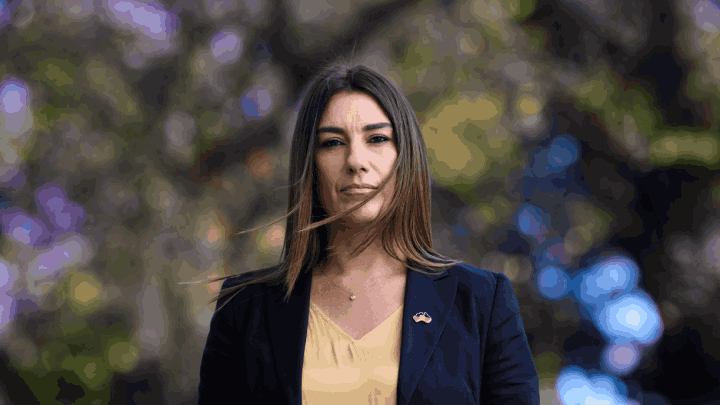
On Monday, the first sitting day of 2023, Senator Lidia Thorpe announced early in the afternoon that she’s determined to quit the Australian Greens, so that she can represent the grassroots Blak Sovereign Movement in federal parliament.
The Gunnai Gunditjmara and Djab Wurrung woman’s decision was triggered by the growing debate around the Albanese government’s proposed referendum on establishing a constitutionally enshrined Indigenous Voice to Parliament: a First Nations body that would provide policy advice.
The announcement wasn’t entirely unexpected as divisions have been growing within the ranks of the federal Greens in relation to the Voice proposal, which Thorpe has been staunchly against since its inception, whereas other party members have expressed their support for the referendum.
Indeed, Greens parliamentarians held a two-day meeting towards the end of last week to debate the party position on the Voice referendum. And despite subsequent developments, so far, both the party’s and Thorpe’s position on the national vote remain undecided.
In her statement to the press, Thorpe underscored that whilst she wants to represent the Blak Sovereign Movement, it has become apparent she can’t do that from within the Australian Greens.
“Now I will be able to speak freely on all issues from a sovereign perspective without being constrained from portfolios and agreed party positions,” she added.
“Staunch and committed warriors”
The Voice proposal is contained within the Uluru Statement from the Heart that was released following the May 2017 meeting of the Referendum Council, which was the culmination of a series of nationwide meetings consisting of Indigenous representatives debating constitutional recognition.
Thorpe was one of a number of Blak Sovereign Movement delegates, who stormed out of the meeting, stating their voices were being ignored by those involved in producing the statement and they called for a sovereign treaty to be established in place of any constitutional reform.
After being rejected by succeeding Coalition administrations, the Albanese government took office last May on a platform prioritising the proposal as an innovative way forward on First Nations empowerment, despite numerous such advisory bodies having been established in the past.
In her 6 February statement, Thorpe further pointed out that at recent nationwide Invasion Day protests, grassroots First Nations people clearly spoke their opposition to the Voice in a united front. However, much of this message was subsequently drowned out by the mainstream media.
Treaty before Voice
“My focus from now,” Thorpe told reporters on Monday, “is to grow and amplify the Blak Sovereign Movement across the nation. I have spent my entire life fighting for justice, to defend our sovereignty, to save Blak lives. That is my goal.”
Thorpe told Sydney Criminal Lawyers last week that the denial of grassroots opinions expressed on 26 January was disrespectful, and she added that lifesaving reforms could be set in place immediately if governments moved on deaths in custody royal commission recommendations.
While in terms of Thorpe’s seat, the Australian Greens had held balance of power in the federal upper house, and it’s likely her having left the party will affect its power in parliament, although it’s currently unclear how the overall vote on the referendum will be affected.
“To my mob, I say this,” Thorpe ended her statement, “your strength is my strength, your fight is my fight, your struggle is my struggle.”
“I’m ready for what comes next in the fight for a future where our kids are with their families, where our people are not killed in custody, where the chains that the system wraps around our people are lifted.”
